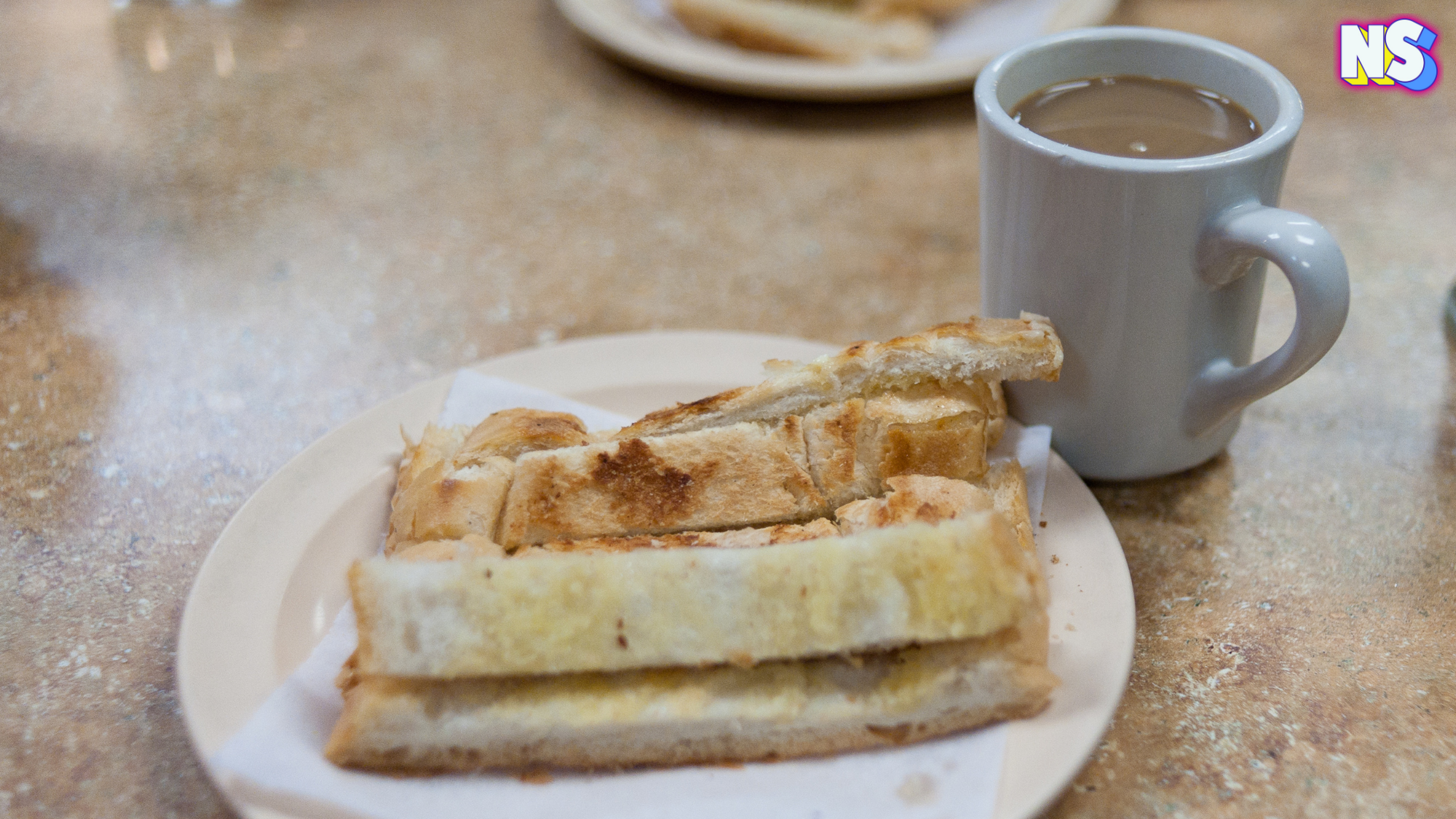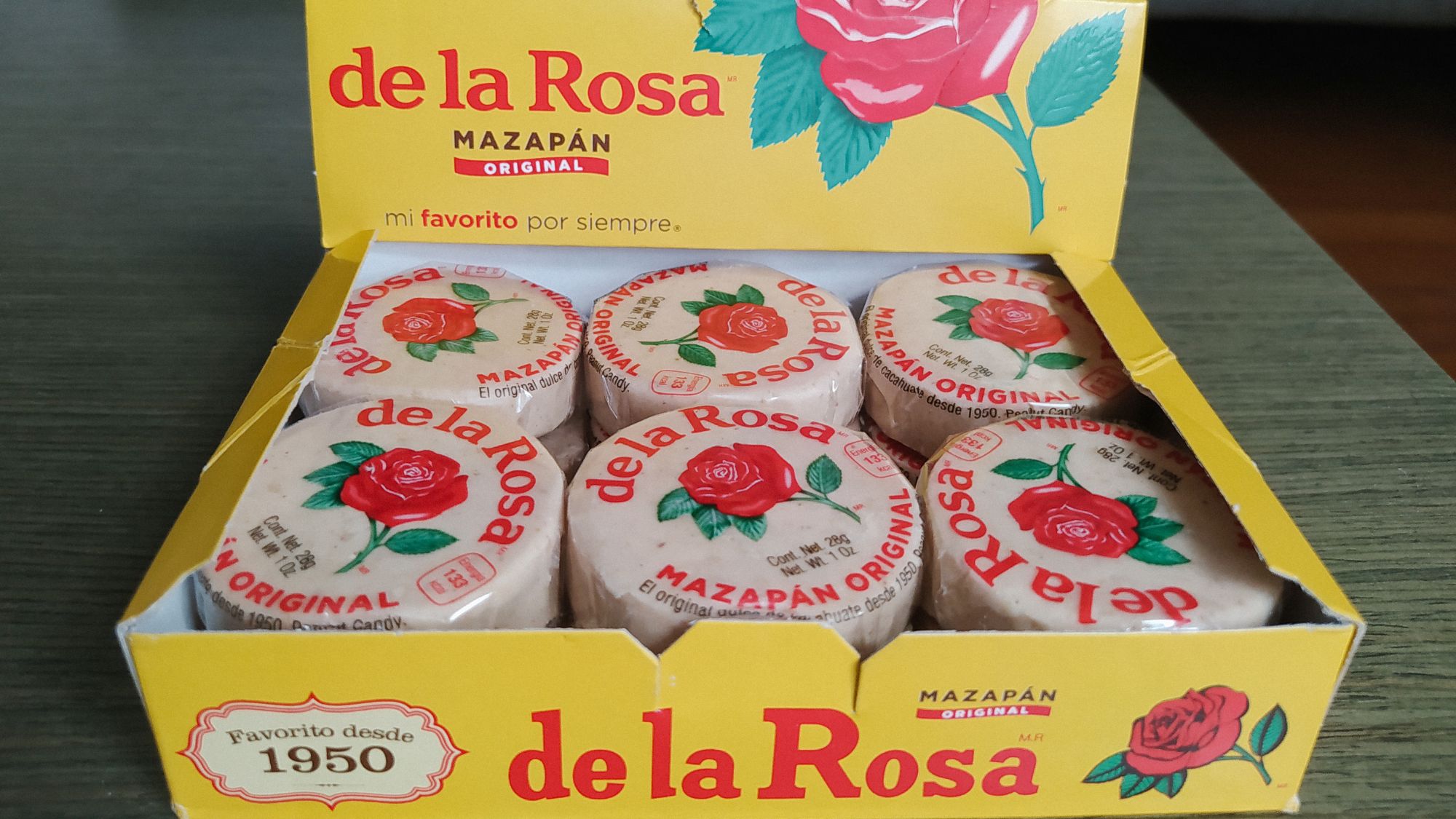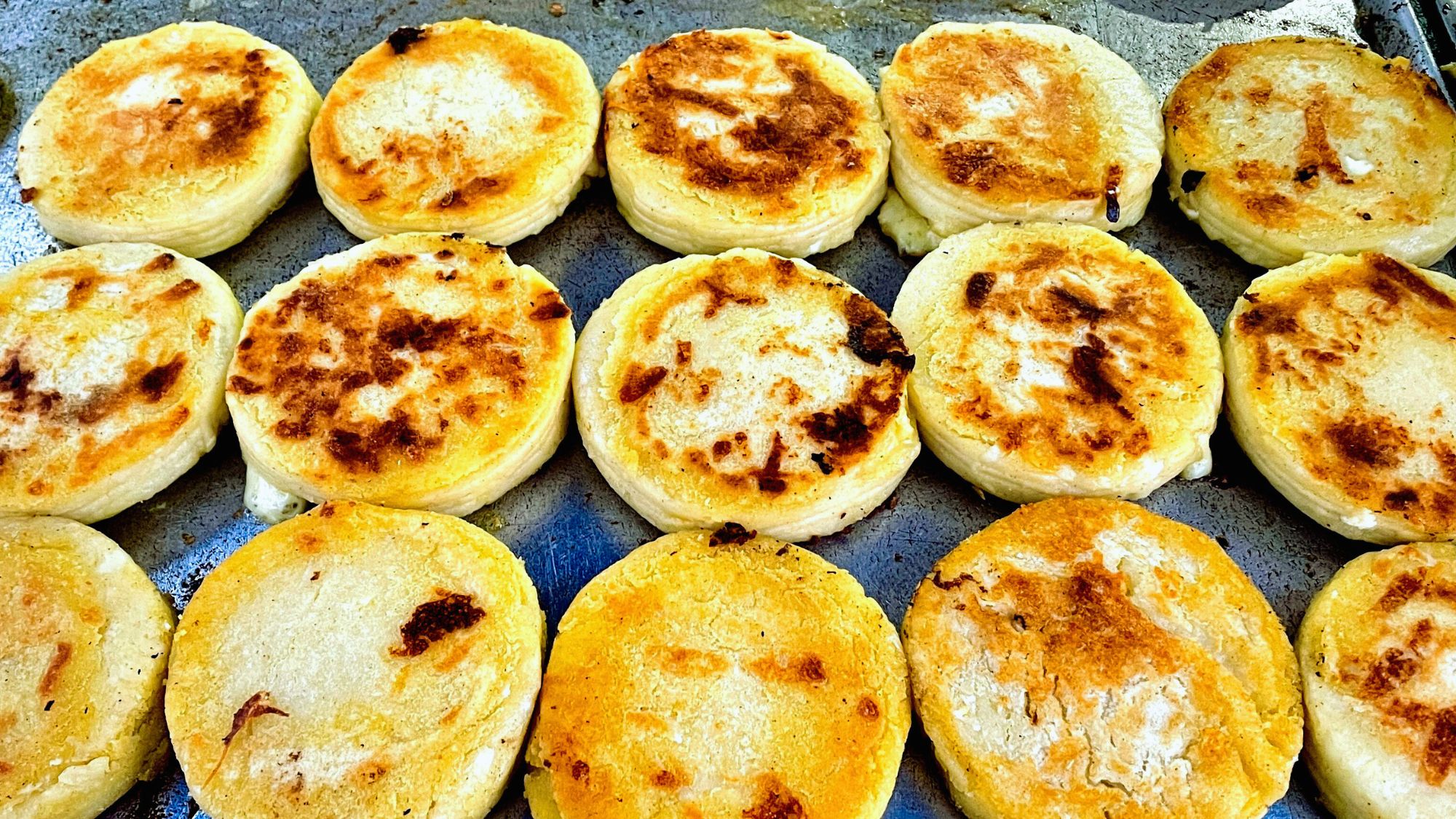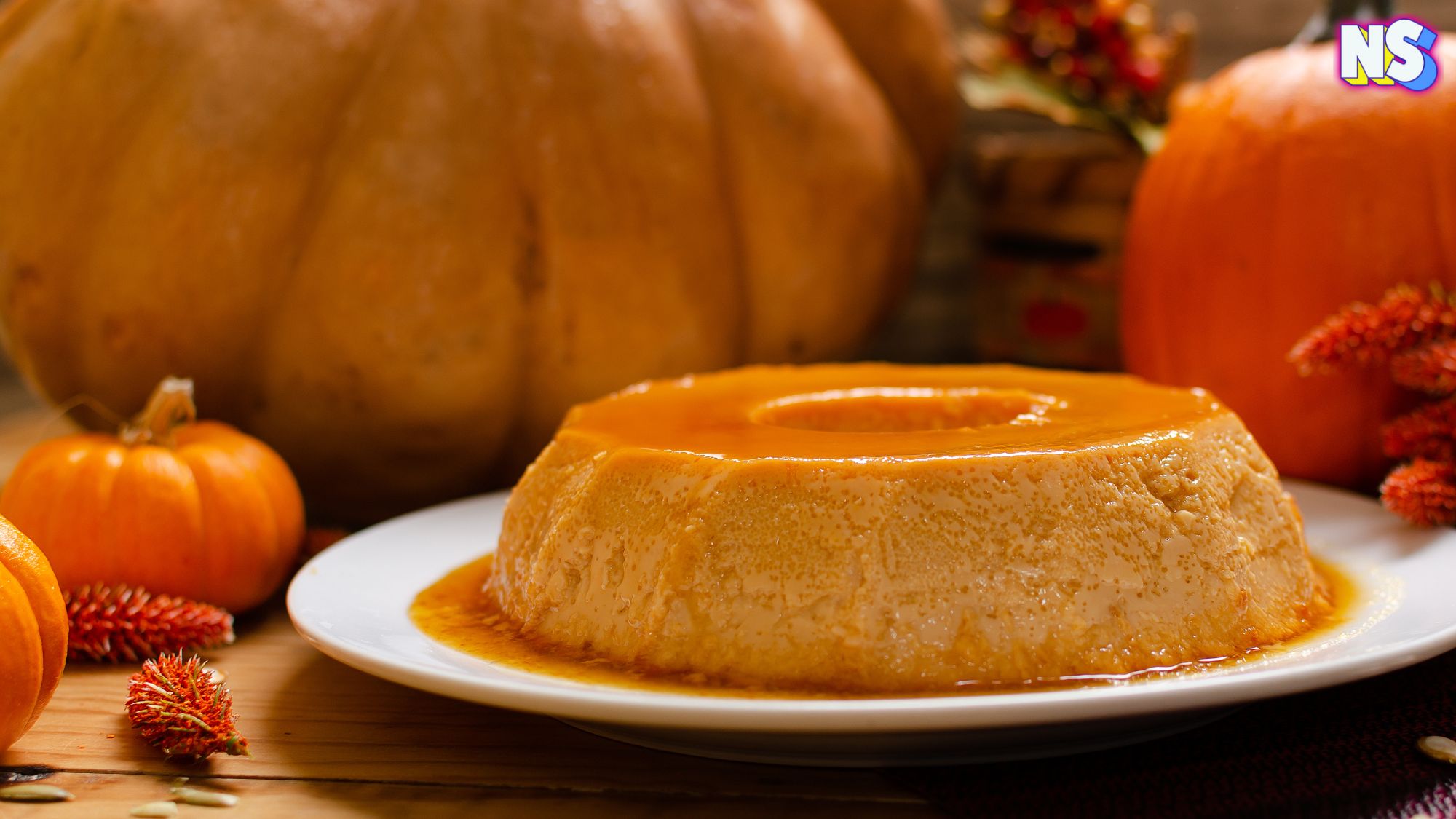Over and over again, I’ve heard it said: “Breakfast is the most important meal of the day.” Alright. Well, if it is, then no one told my Abuelita. Actually, then no one told my entire family, or any Cuban I’ve ever met. Go ahead, ask a Cuban or Cuban-American, or distant relative of anyone from Cuba, about breakfast. Ask them what they ate as a "traditional Cuban breakfast" at home, and sit back. You'll learn the sad reality of a traditional Cuban breakfast.
The person will, at first, light up and think they’re saying something earth shattering and magnificent. They’ll mention the pastelitos from a nearby bakery. Or another restaurant dish no one makes at home. But the truth will eventually come out. A traditional cuban breakfast is made up of a café con leche and maybe some “bread and butter.” And that's it.
Oh, and Cubans can’t say “toast” either, because the bread served for breakfast isn’t always toasted.
Yes, it’s sad when you think about it. The country that brought us congri and picadillo has no impressive traditional homemade breakfast dish to brag about. And, trust me, as the daughter of proud Cuban immigrants, I'd love to brag about a national dish. But I can't. When it comes down to it, coffee, bread and butter is all most of us can think of when we’re put on the spot. There is no traditional Cuban breakfast that I can think of.
The Sad Reality of a Traditional Cuban Breakfast
How dare I say the “traditional Cuban breakfast” made up of café con leche, bread and butter is sad? Well, I know it is because I researched this topic extensively. At home and online.
My first stop was my go-to subreddit on Reddit, "Ask Latin America." Luckily, the organizers had posted the question asking “What it's a typical breakfast for your country/region?” twice in the last two years. And the answers from its community of over 185,000 members are always the same. Typical Latin American breakfasts from around the globe are true meals, flavorful dishes prepared with love.
I've noticed that there's always the sole Cuban in the bunch who tries to chime in, but plainly replies with the same ol' "traditional" morning meal: bread and butter, and café con leche. Does the Reddit user know how sad this sounds to the rest of the group? Maybe not.
Heading offline to the real world, I asked some friends about their mornings. And, as I suspected, the online community was once again spot on. Latin America is full of amazing breakfast items.
Take Equador, for example. My handy source for all things Equadorian gave me the lowdown on a traditional breakfast from her home country. And, to be completely honest, I got a little jealous.
“I like to eat tigrillo, a breakfast that comes from the Coast of Ecuador,” Destiny told me. I asked her to explain this “tigrillo” further. At first, I thought it must be a fancy bread with butter. Nope. It’s way more.
“It's a dish made with boiled green plantain, with egg cooked to your liking (scrambled or fried), and you can also add pork cracklings if you desire,” my friend Destiny explained. “It's absolutely delicious and is accompanied by un aji hecho de tomate de arbol.”
From Peru to Puerto Rico
In awe, I moved on to my Peruvian friend, Christian, about his traditional morning meals, growing up in Peru.
“We always had pan con queso fresco, o pan con huevo,” he told me. “I know people in other places in Peru eat something else. But that’s what I still like to have. Bread with queso fresco. Sometimes we had bread with black olives. It depended on what we had at home.”
Again, I got a little jealous. No matter what we had in our home, our breakfast remained the same. Bread and butter. Sure, we had olives and cheese on hand, but they were saved for bigger, more important meals in the day, like lunch or dinner.
Last but not least, feeling a bit defeated, I asked my friend Rachel, whose family comes from Puerto Rico, about her traditional breakfast. Being from a fellow Caribbean nation, I knew she’d have the same sad answer as the Cubans. She must. There’s no way an island with similar ingredients on hand could whip up a hearty morning meal, right? Wrong. So wrong.
“My favorite thing my grandma made all the time was harina de maiz,” Rachel told me. “The harina de maiz with cinnamon and a splash of milk is so good.”
Puerto Rico serves up a traditional banana-ish plate of grits/oatmeal that’s “so good”? How can this be? And why did everyone keep this a secret from the Cubans?
From Chilaquiles to Tres Golpes
Now confirming I missed out on some tasty morning treats my entire life, I pushed ahead, as any defeated journalist would, and looked up the ingredients of a traditional Mexican breakfast. And there they were. Dozens of recipes for dishes like “Chilaquiles” to "Tlayudas" to "Huevos a la Mexicana." I found over two dozen “traditional Mexican breakfast” dishes to choose from. But my breakfast research didn’t stop there.
Rachel, my Puerto Rican friend, suggested I look up the Dominican Republic’s “tres golpes.” So I did.
“Los Tres Golpes is the name given by Dominicans to the best-known breakfast of Dominican cuisine, consisting of fried Dominican-style salami, fried cheese, and fried eggs served alongside mangú,” the site DominicanCooking explains. “Mangú is a plantain dish made by peeling and boiling the plantains, then mashing them with a fork or potato masher, and made very smooth and creamy with the addition of liquid (usually cold water or some of the cooking water) and fat (typically oil or butter, although originally lard).”
There’s more. Feeling overwhelmed but determined, I went back to Reddit, where a user explained, Brazil has “Cuscuz with butter, eggs, plantains, ‘coalho’ cheese, requeijão ... anything you want! Sometimes yuka/mandioca as well.”
After hours of this research frenzy, it became obvious. My family’s idea of a traditional breakfast left a lot to be desired. Our morning tables are boring, and always have been.
Breaking with Tradition
So, will I change my morning routine, now that I know the truth, you ask? Will I make an effort in the a.m., now that I know that breakfast is truly the most important meal of the day, with many flavorful Latin American options to choose from? You’d think so, right?
As a responsible adult, I can break the cycle of wimpy breakfasts in my home. I can teach my small children better. I should.
But, as with so many of us, I believe in preserving traditions and our culture at home is the most important thing to do. So I’m only going to keep serving up café con leche, and maybe some bread and butter in my home. That is, I’ll keep being boring until Desitny sends me her Abuela’s recipe for tigrillo.
I do love our Cuban culture. But I’d be a fool not to try something new and delicious … in the name of research, of course.





